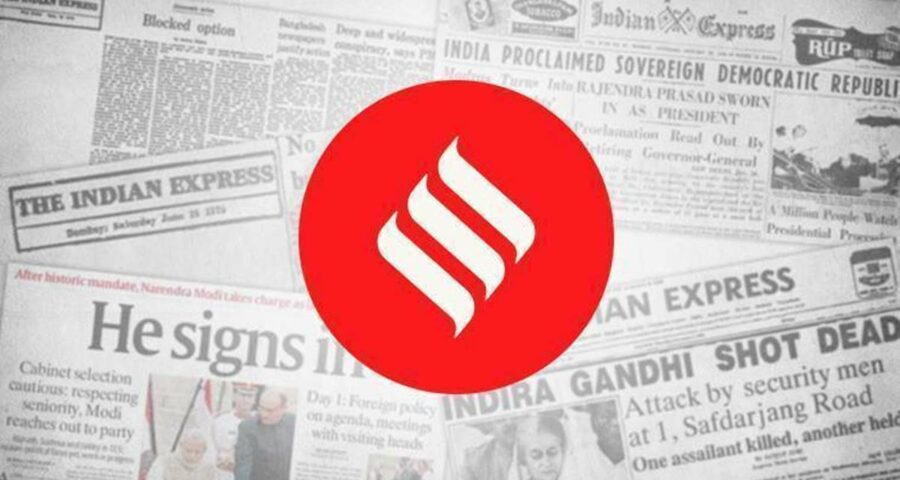It may even help the Taliban rally international support, including from the United States, and hasten the process of international recognition for the new regime in Kabul.
The bomb attack on a mosque in Kabul on Sunday that killed at least five people is a sign that the Afghan chaos is set to continue. The bombing, claimed by the ISIS-K, targeted a large condolence gathering at a mosque for the mother of Zabiullah Mujahid, the Taliban regime’s minister for information and culture. This was the second ISIS-K attack in Kabul after the deadly suicide bombing at the airport in August. The day after, the Taliban regime announced it had destroyed an ISIS-K module in Kabul. The swift action, however, does little to assuage concerns about the evolving situation in the country. It appears that Afghanistan is now poised at the edge of another abyss, in which internecine warfare, and the strategic interests of various players in the region will keep the country in the grip of violence.
Six years after it announced itself, there is little clarity about the ISIS-K, who comprises it, and what their objectives are. From what little is known, the ISIS-K comprises Afghan Taliban fighters alienated from the group’s leadership, similarly disgruntled Pakistani Taliban, and cadres of other Pakistan-based groups such as Laskhar-e-Taiba and Jundullah, and Uzbek and Tajik militant groups among others. But the attacks they have claimed over the last two years, especially in Kabul, Jalalabad and other places in Afghanistan, speak of more expertise and sophistication than their rag-tag composition suggests. The Taliban, who were engaged in a bloody turf war with ISIS-K since 2018 until about the end of last year, claim the group is a US proxy to weaken their movement; India says it is a Pakistan proxy set up to create deniability for attacks against Indian targets, and to keep the Taliban in check; and Pakistan claims it is an Indian proxy, that will ensure that the Taliban never find their feet in office.
For now though, ISIS-K attacks, while challenging the Taliban, are also imparting to it the legitimacy of the party in power, one that has to face a terrorist force that is seen now as deadlier than al Qaeda. It may even help the Taliban rally international support, including from the United States, and hasten the process of international recognition for the new regime in Kabul.
This editorial first appeared in the print edition on October 7, 2021 under the title ‘On the edge’.
Source: Read Full Article


